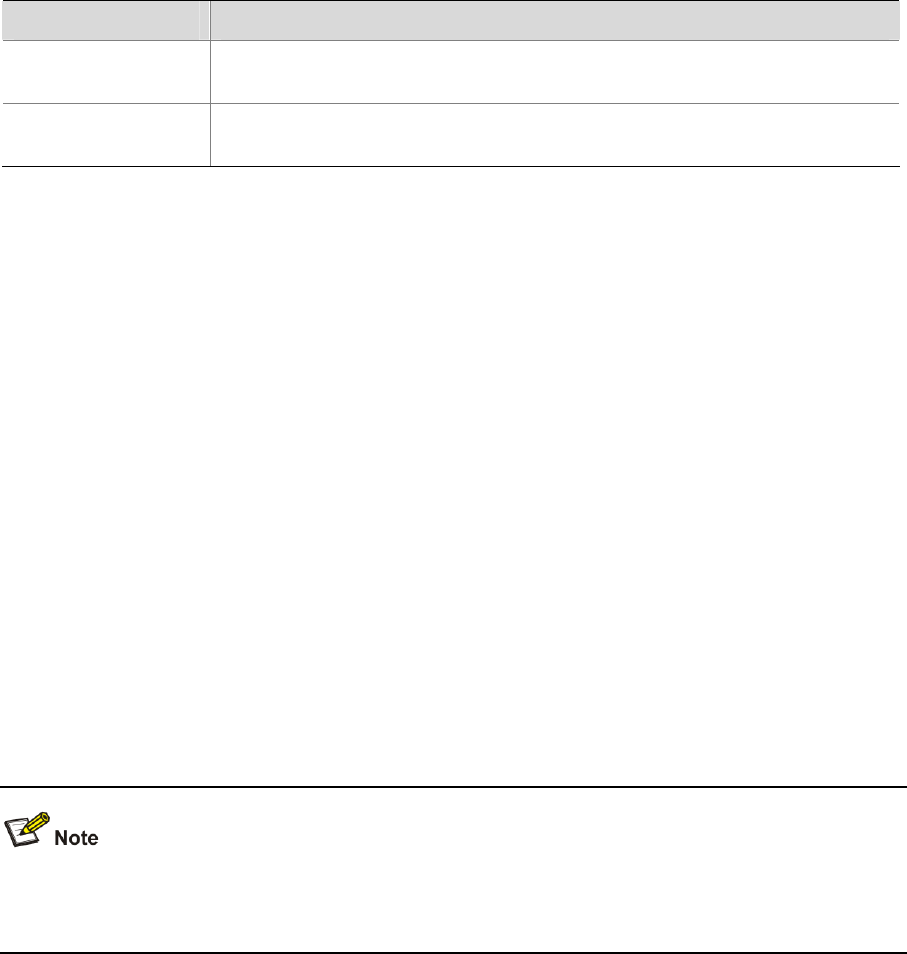
3-24
Table 3-20 VLAN Port Detail Page item description
Item Description
Untagged
Membership
Indicates the port is an untagged member of the VLAN.
Tagged membership
Indicates the port is a tagged member of a VLAN. VLAN tagged frames are
forwarded by the interface. The frames contain VLAN information.
Aggregating Port
Overview
Link aggregation aggregates multiple physical Ethernet ports into one logical link, called a Link
Aggregation Group (LAG).
It allows you to increase bandwidth by distributing traffic across the member ports in the aggregation
group. In addition, it provides reliable connectivity because these member ports can dynamically back
up each other.
LACP
Link Aggregation Control Protocol (LACP) based on the IEEE802.3ad standard can be used for
dynamic link aggregation. An LACP-enabled port sends link aggregation control protocol data units
(LACPDUs) to tell the peer about its system priority, system MAC address, port priority, port number and
operation key. After receiving the information from the sender, the receiver compares it with the locally
saved information about other ports, chooses member ports for the aggregation group and reaches
agreement about whether a port can join or leave a dynamic aggregation group.
During link aggregation, LACP generates a configuration mix according to the port configuration (rate,
duplex, basic configuration, management key), which is called an operation key.
Link Aggregation Types
The switch supports two link aggregation types:
z Manual Aggregation
z Static LACP Aggregation
1) Manual Aggregation
Manual aggregation is configured manually, and cannot be added or removed automatically. A manual
or static LACP aggregation group must contain at least a member port. Member ports in a manual
aggregation are LACP-disabled.
A port in a manual aggregation group can be in one of the two states: selected or unselected. In a
manual aggregation group, only the selected ports can forward user service packets.
In a manual aggregation group, the system sets the ports to selected or unselected state according to
the following rules.


















